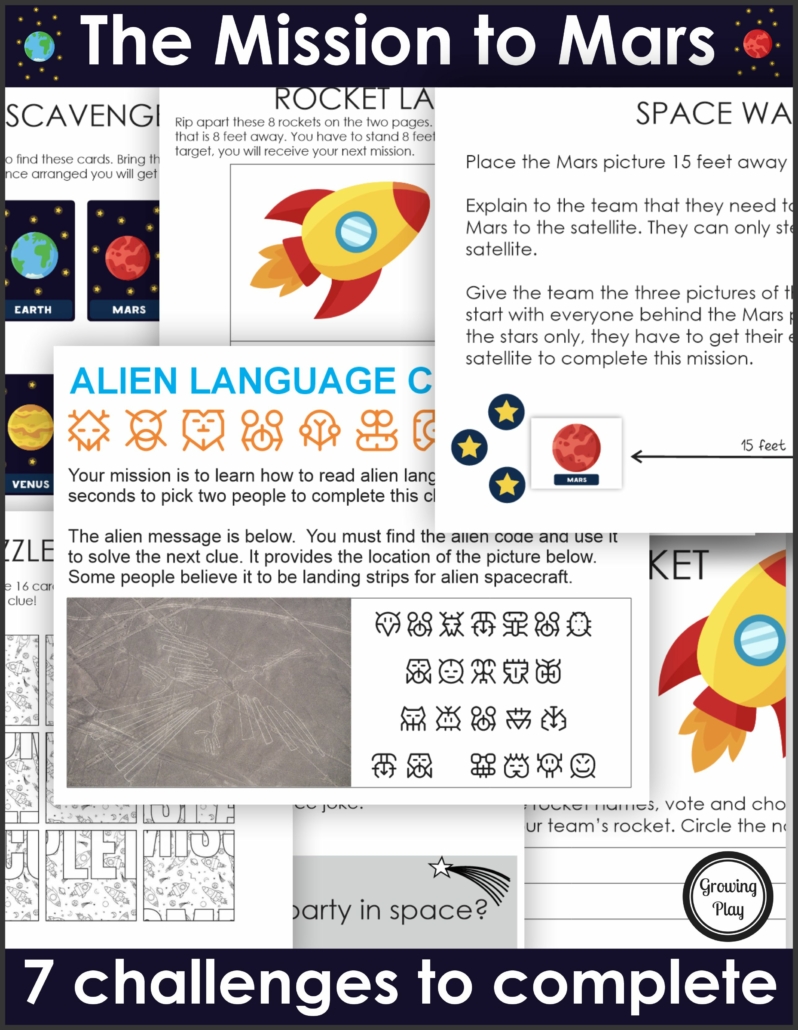April 8 – Eclipse Facts for Kids

On April 8, 2024, we’re gearing up for an astronomical event that’s sure to amaze: a solar eclipse. This is when the moon dances between the Earth and the sun, casting a shadow over our planet and briefly turning day into twilight. It’s a phenomenal occasion that allows us to witness the extraordinary mechanics of our solar system in action. Learn more with these eclipse facts for kids and activity ideas to understand this cool event. To get your daily dose of intriguing facts, be sure to visit Fact of the Day for kids.
FIVE FUN ECLIPSE FACTS FOR KIDS
- Solar eclipses occur during a new moon when the moon positions itself precisely between the Earth and the sun, cloaking parts of the Earth in shadow.
- Unlike solar eclipses, lunar eclipses happen when the Earth comes between the sun and the moon, and the Earth’s shadow falls on the moon, creating a reddish tint known as a “blood moon.”
- The sudden darkness of a total solar eclipse can confuse animals and even affect plant behavior, making it seem like nighttime in the middle of the day.
- Solar eclipses can only be viewed from a narrow path on the Earth’s surface that the moon’s shadow touches, whereas lunar eclipses can be seen by anyone on the night side of the Earth.
- The temperature can drop significantly during a total solar eclipse, creating a noticeable chill as the sun’s rays are blocked.
- Read more Solar System Facts for Kids.

Space Escape Room
ACTIVITY IDEAS TO CELEBRATE APRIL 8, 2024
Marking the occasion of a solar eclipse can be fun and enlightening with these activities:
- Construct a pinhole projector to safely observe the eclipse.
- Craft a model demonstrating the differences between solar and lunar eclipses.
- Compose an eclipse diary, noting observations and feelings during the event.
- Embark on an eclipse-themed scavenger hunt around the school or neighborhood.
- Engage with the eclipse through interactive puzzles:
QUESTIONS TO THINK ABOUT FOR APRIL 8, 2024
Delving deeper into the subject of eclipses, consider these inquiries:
- What precautions should be taken to view a solar eclipse safely, and why are they necessary?
- How have solar and lunar eclipses contributed to our understanding of the universe?
- In what ways do solar eclipses differ from lunar eclipses in terms of their impact on Earth?
- What historical events have coincided with eclipses, and how did they influence societies?
- How do animals and plants react differently to solar and lunar eclipses?
WOULD YOU RATHER QUESTIONS ABOUT AN ECLIPSE
Spark engaging discussions with these thought-provoking scenarios. Would you rather…
- Have the power to predict when eclipses will occur or discover a new planet?
- Experience an eclipse in the desert under clear skies or in the rainforest with a chance of clouds?
- Witness the historical eclipses of the past or future eclipses with advanced viewing technology?
- Be part of a scientific team studying eclipses or an artist capturing the beauty of eclipses?
- Observe an eclipse from a mountaintop or from the calm waters of a lake?
MORE FUN STUFF
Keep the fun going with these additional resources:
These activities and resources are designed to foster curiosity and learning, making the solar eclipse an unforgettable experience.


